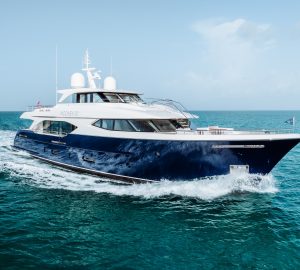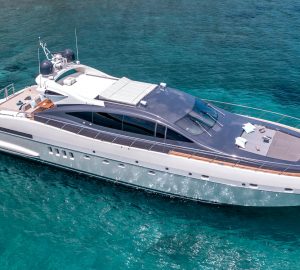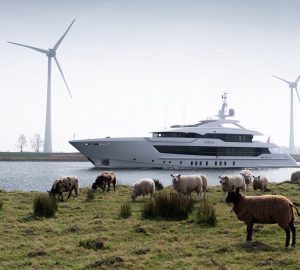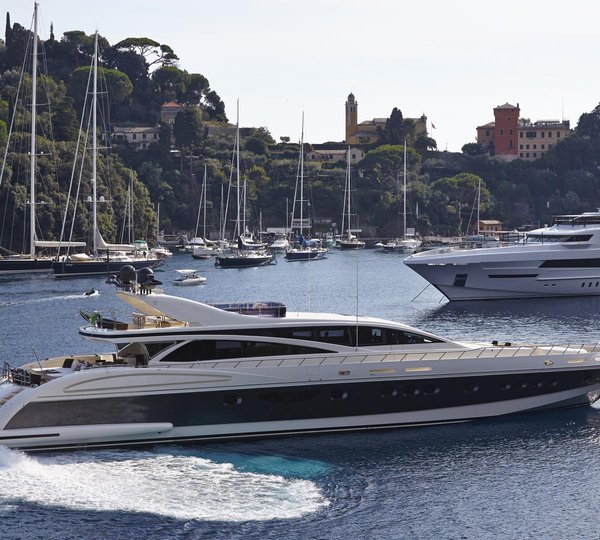The European Commission has now decided to bring action before the European Court of Justice (“ECJ”) concerning the VAT exemption applied by France to certain transactions involving vessels – commonly referred to in yachting circles as the French Commercial Exemption (“FCE”).
In a press release from Brussels dated 29 September 2011, the Commission accuses France of still acting in breach of EU law on the matter. Whilst acknowledging that France had acceded to its earlier request to amend its legislation so as to include the condition of use for navigation on the high seas – which France did on 1 January 2011 – the Commission notes that this condition is not actually applied in practice by France. It cites in particular the administrative interpretation published by France on 22 February 2011 authorising the rules previously applied to be maintained, despite the legislative amendment.
The VAT Directive provides for exemption from VAT, under certain conditions, on supplies of goods for fuelling and provisioning ships used for navigation on the high seas and on the supply, modification, repair, maintenance, chartering and hiring of such vessels. The Commission considers current French legislation and administrative practice as going beyond what is laid down in the Directive. This is because France applies the VAT exemption to commercial vessels, including commercial yachts, without requiring them to be used for navigation on the high seas.
The Commission’s action began in March 2010 when it officially called on France to amend its legislation within a two-month time limit. This request took the form of a ‘reasoned opinion’, which constitutes the second stage of infringement proceedings. France failed to act within the time limit, but it did introduce changes to its legislation with effect from 1 January 2011. However, the Commission’s decision to refer France to the
ECJ signals that it is not satisfied that France is complying properly with its obligations under the EU law on this issue. It marks a significant escalation in the dispute, which under Articles 258 and 260 of the Treaty on the Functioning of the European Union exposes France to financial penalties if it loses, on top of being forced to comply by the Court.
On the basis that in over 90% of infringement cases Member States throw in the towel before the Court issues its judgement, it is now highly unlikely that France will maintain the FCE in its present form for much longer. Which raises the question as to what will replace it. That remains to be seen, but for those yacht owners operating in the EU and not already within the VAT system, it is likely that they will seek refuge in the default VAT rules. These generally require that yacht charter businesses register for VAT in the EU in order to exercise any right to deduct VAT on their purchases in the EU.



















